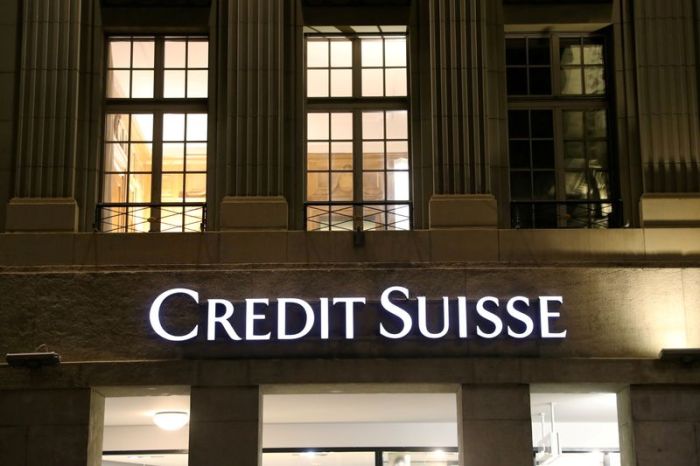STOCKHOLM (Reuters) -Fashion retailer H&M’s global sales growth slowed in the second half of June and the Swedish company took a sales hit in China after its concerns over alleged human rights abuses in Xinjiang led to a social media inspired boycott by shoppers.
The world’s second-largest fashion retailer on Thursday reported a stronger-than-expected profit for its March-May quarter, after a loss in the same quarter last year.
In China, sales were down 23% in local currencies when H&M was wiped off Tmall and domestic phonemakers’ app stores in March after the retailer expressed concerns https://hmgroup.com/sustainability/fair-and-equal/human-rights/h-m-group-statement-on-due-diligence about the alleged Xinjiang human rights abuses.
“With regards to China the situation remains complex. Beyond that we refer to what we have said before,” Chief Executive Helena Helmersson said, as H&M quantified for the first time the impact of the China boycott, which started on social media.
China accounted for around 5% of group sales last year and is one of H&M’s two top suppliers.
H&M in late March said in a statement https://hmgroup.com/news/statement_hm_china it was dedicated to regaining the trust of customers and partners China and that its commitment to the country remained strong.
Helmersson said H&M was closely following the situation in Bangladesh – another main supplier – after a spike in coronavirus cases prompted the country enforce a strict lockdown, although garment factories remain open.
PATCHY RECOVERY
Group sales for June 1-28 were up a quarter year-on-year but 4% lower than in pre-pandemic 2019 as growth slowed from mid June, highlighting a patchy recovery from the pandemic.
Helmersson, speaking to analysts and reporters, attributed the easing in the second half of June to a combination of factors, including tough year-ago and 2019 comparisons, cold weather last week in some European markets, and how coronavirus restrictions were being eased.
“We see signals of a strong recovery also in June, and that customers appreciate our collections,” she told Reuters.
Analysts said the figures implied sales were down 9% on 2019 in the latter two weeks of June, and noted that rival Primark has also said trading was currently very volatile from week to week.
“Recent weeks of trading highlight a mixed demand rebuild,” said Jefferies analyst James Grzinic.
H&M’s shares were down 1.8% at 1437 GMT.
Quarterly pretax profit was 3.59 billion crowns ($419 million) against a year-earlier loss of 6.48 billion.
“As more and more people are vaccinated and restrictions are eased, the world is gradually opening up and customers can once again visit our stores,” Helmersson said. “Online sales have continued to develop very well even as the stores have opened.”
H&M said 95 of its 5,000 stores globally remained temporarily closed, against 1,300 at the start of March.
Chief Financial Officer Adam Karlsson said the company was not unaffected by rising freight rates due to a global shipping backlog but it expected to mitigate them.
H&M said prospects of paying a dividend for 2020 in the autumn were now very good, after it failed to propose one at its annual general meeting in May.
Also on Thursday, Primark raised its profit outlook after better-than-expected store sales across markets.
($1 = 8.5635 Swedish crowns)
(Reporting by Anna Ringstrom; editing by Jane Merriman and Kirsten Donovan)


























